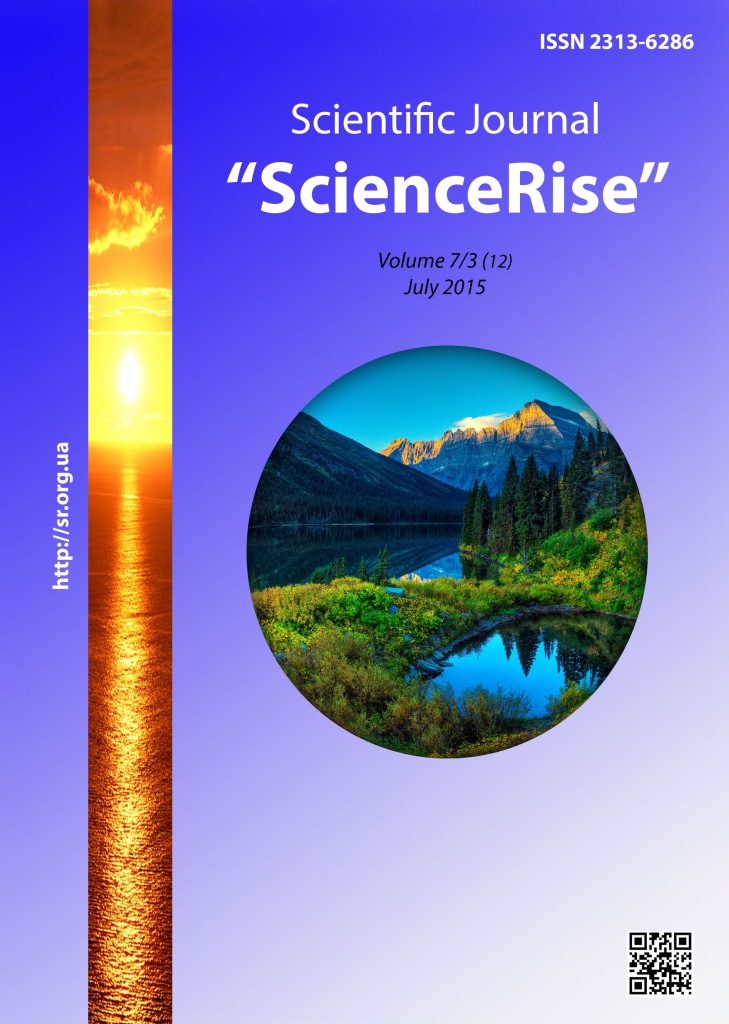Бюджет общины в системе межбюджетных отношений
DOI:
https://doi.org/10.15587/2313-8416.2015.46592Słowa kluczowe:
бюджет общины, мониторинг, доходы, расходы, планирование бюджета, сбалансированый бюджетAbstrakt
В статье исследованы новые подходы к формированию бюджета территориальной общины, которые заложены в основу децентрализации органов местного самоуправления. Предложены методологические подходы к обеспечению мониторинга процесса планирования и выполнения доходов и расходов территориальной общины. Предложены методологические подходы к планированию бюджета общины. Развиты подходы к формированию сбалансированного бюджета общины; усовершенствованы подходы к перспективному прогнозированию доходов бюджета общины
Bibliografia
Afanasiev, M., Krivogov, Iю (2006). Modernization of public Finance in Russia. Voprosy Ekonomiki (Issues of Economy), 9, 103–111.
Blankart, C. (2000). Public finances in a democracy. Kyiv: Lybid, 564.
Wagner, A. (1958). Three Extracts on Public Finance. N. J.: Macmillan, 332.
Rodionova, V. M. (1951). Controversial issues of the nature and functions of the Soviet Finance. Moscow: Finance and statistics, 444.
Sengachov, V. (2007). Fiscal policy and its role in ensuring economic growth. Voprosy jekonomiki, 5, 65–80.
Stіglіc, Dzh. E. (1998). Economics of the public sector. Kyiv: Osnovi, 854.
Shvecov, Ju. (2005). Evolution of Russian fiscal federalism. Voprosy jekonomiki, 8, 76–83.
Andrushhenko, V. (2001). National scheme of fiscal federalism. Aktual'nі problemi mіzhnarodnih vіdnosin: Zbіrnik naukovih prac'. Kyiv.: VPC «Kiїvs'kij unіversitet», 26, 67–74.
Dem’janishin, V. (2007). Theoretical conceptualization and practical implementation of the budget of the doctrine of Ukraine. Ternopol: TNEU, 768.
Derkach, N. I., Gordeeva, L. P. (1995). The Budget and the budget process in Ukraine. Dnepropetrovsk: Porogi, 256.
Zvarich, O. V. (2011). Medium-term forecasting revenues and their relationship with macroeconomic indicators. Fіnansy Ukrainy (Finance of Ukraine), 8, 59–75.
Lunіna, I. O. (2006). Public finances and reform of intergovernmental relations: monograph. Kyiv: Naukova dumka, 432.
Yurii, S. I. (2010) Budget, budget and fiscal policy doctrine states: the current paradigm, immanent determinism, realities and prospects. World Finance, 4, 7–27.
Budget Code of Ukraine (2015). Kyiv: Attika, 124.
Tax Code оf Ukraine (2015). Kyiv: Attika, 362.
Groisman, V. Decentralization of power. Local government reform. Available at: http://www.minregion.gov.ua/attachments/content-attachments/3023/.pdf
Law of Ukraine (2015). On principles of the state regional policy. Dated 05.02.2015. Available at: http://zakon2.rada.gov.ua/laws/snow/156-19
Law of Ukraine (2015). On civil-military administration. From 03.02.2015. Available at: http://zakon2.rada.gov.ua/laws/snow/141-19
Blejkli, E. Dzh. (2002). Planuvannja miscevogo rozvytku. Lviv: Litopys, 416.
Zajchikova, V. (2005). Financial regional policy of the state. FіnansyUkrainy(Finance of Ukraine), 6, 29–35.
Decentralization will give the regions 45 billion. Available at: http://vestiua.com/ua/news/20150113/62942
Varnaliya, Z. S. (2005). Regionsof Ukraine: problems and priorities of socio-economic development. Kyiv: Knowledge of Ukraine, 498.
Kovalenko, L. O. (2002). Management of budgetary resources. Fіnansy Ukrainy (Finance of Ukraine), 12, 51–56.
Kraynyk, O. P. (2002). The economic development of the region: monograph. Lviv: League Press, 294.
Laris, N. I., Kisel'nikov, A. A. (1998). Regional policy in the countries with market economy. Moscow: Jekonomika, 384.
##submission.downloads##
Opublikowane
Numer
Dział
Licencja
Copyright (c) 2015 Татьяна Максимовна Боголиб

Utwór dostępny jest na licencji Creative Commons Uznanie autorstwa 4.0 Międzynarodowe.
Our journal abides by the Creative Commons CC BY copyright rights and permissions for open access journals.
Authors, who are published in this journal, agree to the following conditions:
1. The authors reserve the right to authorship of the work and pass the first publication right of this work to the journal under the terms of a Creative Commons CC BY, which allows others to freely distribute the published research with the obligatory reference to the authors of the original work and the first publication of the work in this journal.
2. The authors have the right to conclude separate supplement agreements that relate to non-exclusive work distribution in the form in which it has been published by the journal (for example, to upload the work to the online storage of the journal or publish it as part of a monograph), provided that the reference to the first publication of the work in this journal is included.

